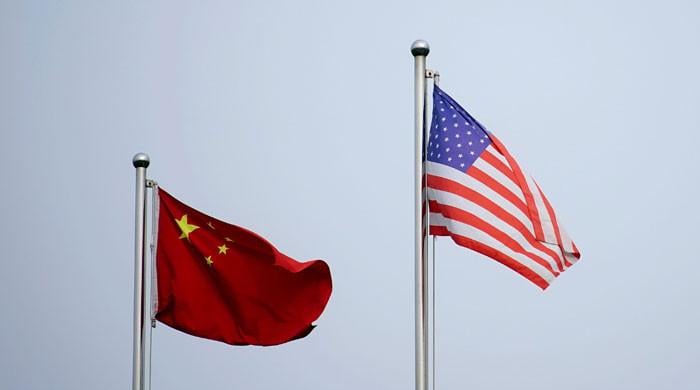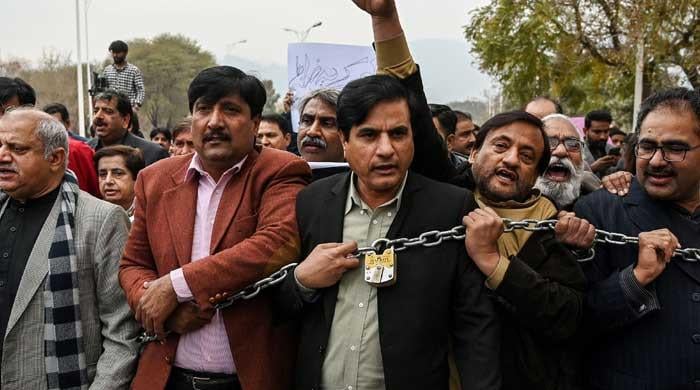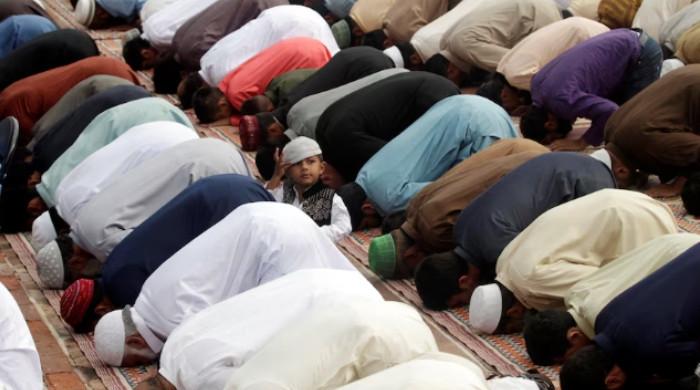Politics and sporting triumphs: Is there a link?
Pakistan celebrate winning the ICC Champions Trophy - Reuters
On the day Pakistan swept to an unexpected victory in the Champions Trophy, a political analyst, who is considered close...
June 24, 2017
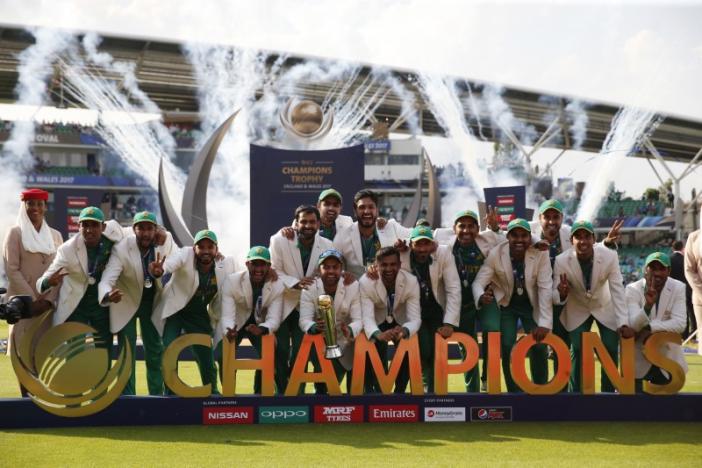
On the day Pakistan swept to an unexpected victory in the Champions Trophy, a political analyst, who is considered close to the ruling party, said something rather fascinating on TV. When asked to comment on the win, he opined confidently that the country’s political and economic conditions are improving hence the cricket team is doing better too.
Admittedly, in any country the social norms play an important role in shaping the political and economic culture. Such imprints can be seen in the type of films, art, music and literature being produced. Similarly, the argument goes that economic and political events too have a direct affect on sports and sportsmen. For example in 2014, when the Brazilian football team performed below expectations at the Football World Cup, many analysts pinned the blame on the country’s economic crisis and the corruption charges being brought against Brazil’s then-President Dilma Rousseff.
Then again, in 1974, when India’s test cricket team lost a series to England by 0-3, political pundits were quick to blame the Indira Gandhi government. They said that the unrest in the country was also taking toil on the cricketers.
Are these correct and fair assessments? Is it logical to evaluate at a sports team’s performance through just the prism of economics and politics? To answer this let’s look at the recent history of Pakistan.
There is a consensus among historians and political pundits that the darkest chapter in Pakistan’s history was when East Pakistan broke off, and a civil war was staring us in the face. This catastrophic event should have been reflected in our sports teams’ performance too. Yet, that year, Pakistan’s hockey team bagged the inaugural Hockey World Cup.
In the 1970s, the island states that comprised West Indies were going through an era of great political upheaval. Military-led rebellions besieged the country one after the other. Opponents or dissidents were being silenced or killed. During this decade of unrest, the West Indies cricket team went on to win the World Cup, not once but twice.
And the World Cup victor in 1983 was India. In those years India was considered a poor country, riven by internal and external problems. Multiple separatist movements were raging throughout it. Yet, none of these factors could impede the team’s march to glory.
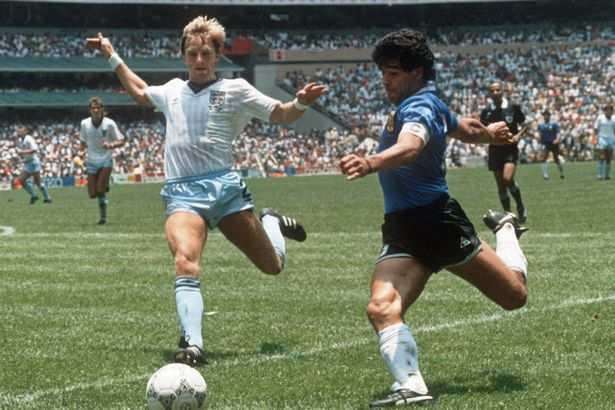
There is a litany of such examples from countries around the world, that disprove this notion that politics and economics and sports are interlinked. However, the other way of looking at it is that political unrest pushes sportsmen to deliver their best performances to bring some level of respite and celebrations to their troubled homes. This is also an assumption and not a proven theory. This kind of spirit was seen in the 1986 Football World Cup quarter final between England and Argentina. This match took place just four years after the ten-week long Falklands War, which Argentina lost to England. After Argentina won the quarter final, and later the final, its star player Diego Maradona called the victory revenge for the Falklands War.
Javed is a senior researcher at Geo TV.









